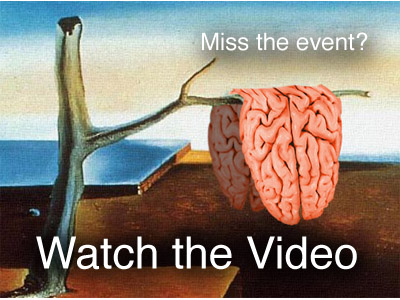 Writing on WBUR’s “Cognoscenti” blog, retired judge, Harvard Law Professor, and CLBB faculty member Nancy Gertner warns of the difficulty—and importance—of finding an impartial jury for the high-profile Whitey Bulger trial.
Writing on WBUR’s “Cognoscenti” blog, retired judge, Harvard Law Professor, and CLBB faculty member Nancy Gertner warns of the difficulty—and importance—of finding an impartial jury for the high-profile Whitey Bulger trial.
Jury selection for the trial began this week in Boston; opening statements from prosecutors and defense are expected Wednesday, June 10.
U.S. District Judge Denise Casper told a first pool of 225 potential jurors that they would not be excluded simply for having heard or read something about the case—restrictions that would be very difficult to meet given what Gertner calls the “saturation publicity” the case has received. Rather, the court will look for jurors they believe capable of putting aside what they’ve heard and relying on what they learn in the courtroom. Two additional pools of 225 potential jurors were also to be brought in, and all were to fill out lengthy questionnaires; a selection will also be questioned individually. Twelve regular jurors and six alternates will be chosen.
Writing for WBUR, Gertner emphasized the importance of private, rather than group questioning.
“The only technique in our arsenal,” Gertner writes, “is to ask individual questions of individual jurors as if you really want to know the answer, under circumstances maximizing their candor. What do you know of the case? How closely have you followed it? What have you read? What details do you remember?”
Bulger, the reputed former leader of the Winter Hill Gang, is accused of a long list of crimes, including participating in 19 killings. Authorities say he committed the crimes while he was an FBI informant. Now 83, Bulger became one of the nation’s most wanted, and most notorious, fugitives after fleeing Boston in 1994. He was captured in Santa Monica, California, in 2011.
Gertner also joined WBUR’s “Morning Edition” to discuss the “extraordinarily difficult process” of vetting potential jurors. Listen below.


 Writing on WBUR’s “
Writing on WBUR’s “

